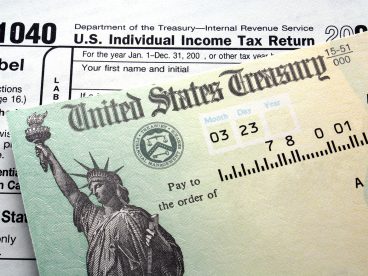The Financial Crimes Enforcement Network has come out with proposed rules regarding the reporting of beneficial ownership information (BOI) in response to the Anti-Money Laundering Act of 2020 . These rules apply to domestic reporting companies which are defined as entities created under the laws of the United States or an Indian Tribe, as well as foreign reporting companies. (Reporting Companies).
There are 23 entities exempt from the Reporting Companies classification. These include banks, money transmitting businesses, RIA’s, investment companies, and large corporations. Large corporations are defined as corporations that employee more than 20 full time employees in the US, filed a tax return reporting more that $5 million in gross receipts in the previous year and have a physical office in the US.
Change in beneficial ownership must be reported within 30 days of the change. Beneficial owners include anyone who exercises substantial control over a Reporting Company or owns or controls at least 25% of such company. Failure to report is subject to a $10,000 fine and 2 years jail time.
As you can see this will impact most small businesses and will be a significant reporting burden which will ultimately fall to the CPA. The AICPA, NCCPAP, TACPA and many other organizations are working to minimize the impact of these proposed changes. The AICPA sent a letter to FinCEN on 2/4/22 with recommendations.
The final effective date has not been set. Presumably, the database FinCEN will use to capture the reports is not yet fully operational. It is not known if there will be data sharing between FinCEN and the IRS.
STAY TUNED!!!


